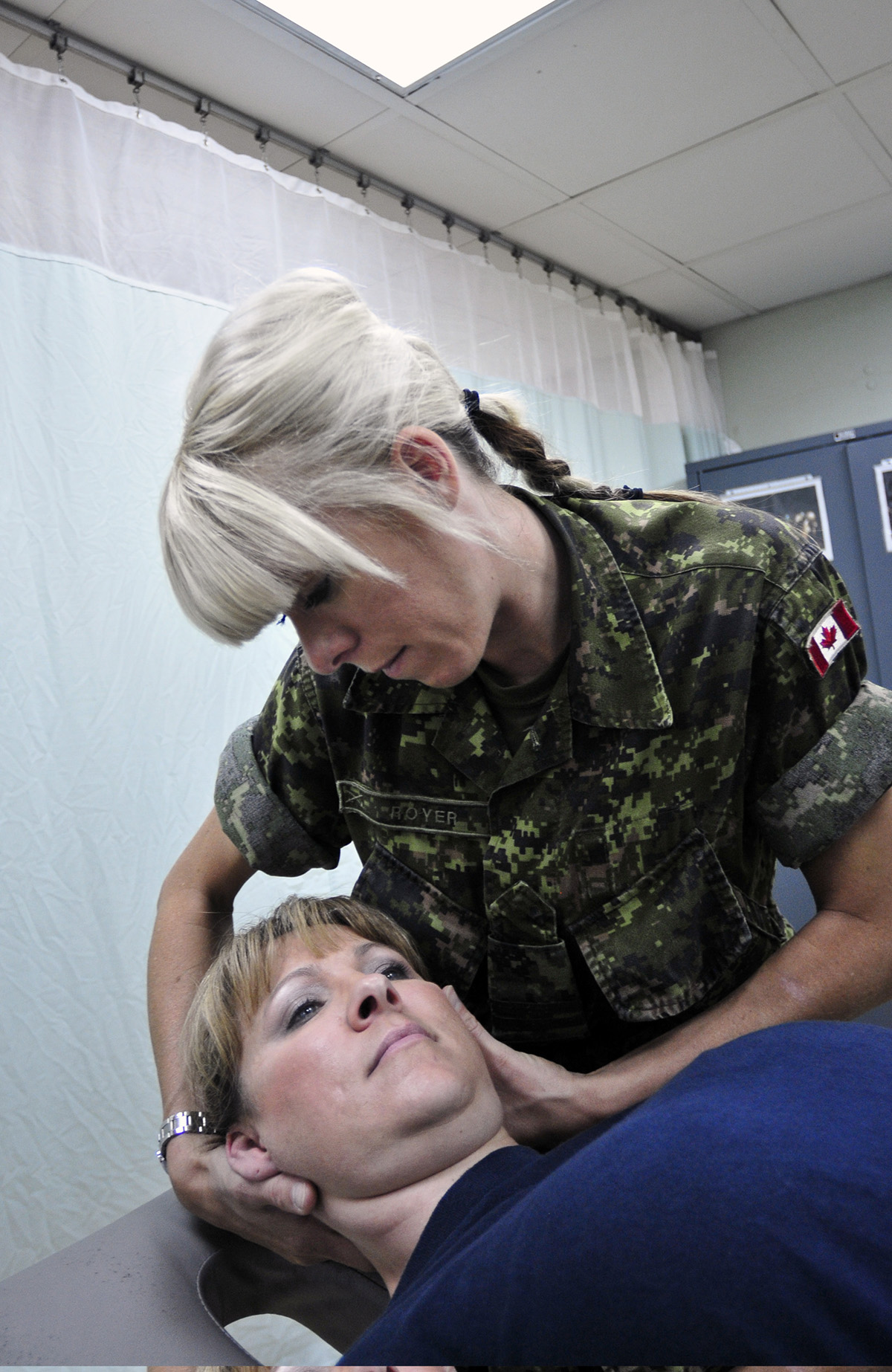
Too much pressure on the nerve by bones, muscles, tendons or the cartilage can provoke pinched nerve. Patients suffering from this problem usually notice pain, tingling, numbness or weakness, as well as problems related to different functions of the nerve.
Paresthesias are often seen in people suffering from pinched nerve. These are feelings of tingling and “pins and needles” affecting the area around the pinched nerve. Some patients reported muscle weakness, involuntary muscle reaction (twitches) or even feeling that their foot or the hand affected by pinched nerve has “fallen asleep”. Decreased sensation and numbness in the area of the body supplied by pinched nerve is quite common for these patients.
Some may complain about the pain caused by pinched nerve. At times, the pain might be burning, sharp or even worse with some sneeze or cough. Try some rest and over the counter painkillers to relieve the pain and discomfort caused by pinched nerve. This treatment provides relief for most of pinched nerve patients in a matter of days. If you still happen to feel the pain after several days it might be a good idea to consult your doctor about the problem.
Risk Factors for Pinched Nerve
Poor posture is known to add more pressure to the spine and the nerves and thus potentially provoke pinched nerve. Being a woman makes you 3 times more likely to develop carpal tunnel syndrome, known as one of the causes of pinched nerve in the wrist. Pregnancy may also be contributing factor for development of pinched nerve.
Other factors are not so gender-oriented and may affect both men and women. Overuse of your hands, wrists and/or shoulders may affect your nerves too and lead to pinched nerve problem. This is common for people working on assembly lines or some other jobs that require them to perform repetitive hand motions.
Pinched nerve may also be inherited from our parents or it can be something we have developed over the years because of added pressure due to obesity. Bone spurs and rheumatoid arthritis are well known to thickening of the bones and nerve compression.
Pinched Nerve Treatment
Proper rest is the first recommendation any doctor will give to his or her patient suffering from pinched nerve. Certain case may need brace or splint to immobilize affected part of the body.
NSAIDs (non steroidal anti-inflammatory drugs) like ibuprofen or naproxen are solutions to ease present pain, while some more serious pain can be treated with stronger NSAIDs or corticosteroid injections.
Physical therapy is found to be excellent for strengthening and stretching of pinched nerve. Finally, surgical treatment is the last option, available for those whose pain is not relieved by any of above mentioned treatments.


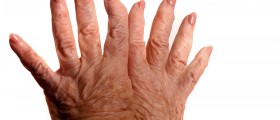
-Causes,-Symptoms,-Diagnosis,-Treatment_f_280x120.jpg)
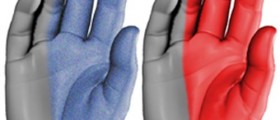
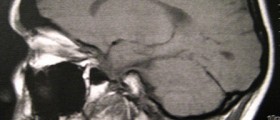

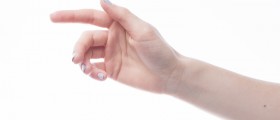
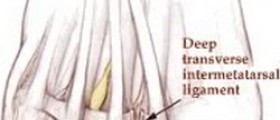
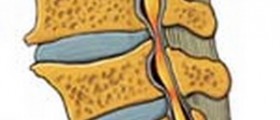
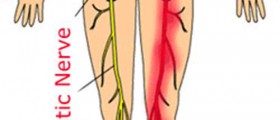
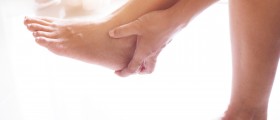



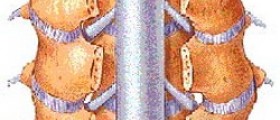

Your thoughts on this
Loading...